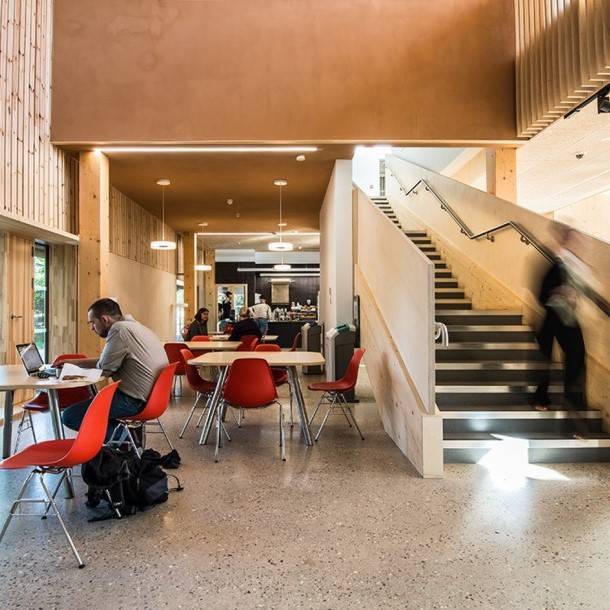October 10, 2016
Workers spend just a third of their time performing their actual job 0
 In the ongoing quest for workplace productivity the fact people spend too much time checking their emails has recently been noted, but it seems that workers are so frequently distracted in the workplace that only 38 percent of their time is actually spent on performing their primary job duties. A survey by Workfront claims the top three things that get in the way of work include: wasteful meetings (62 percent), excessive emails (52 percent), and excessive oversight (39 percent). A quarter (26 percent) of workers said uninterrupted blocks of time would help them be more productive at work, followed by more efficient work process (26 percent), and more/better qualified people and resources (19 percent). And over two third (37 percent) of office workers agree that email will no longer be the main mode of communication in five years, with over half (57 percent) saying that the majority of workers will work remotely in the coming years.
In the ongoing quest for workplace productivity the fact people spend too much time checking their emails has recently been noted, but it seems that workers are so frequently distracted in the workplace that only 38 percent of their time is actually spent on performing their primary job duties. A survey by Workfront claims the top three things that get in the way of work include: wasteful meetings (62 percent), excessive emails (52 percent), and excessive oversight (39 percent). A quarter (26 percent) of workers said uninterrupted blocks of time would help them be more productive at work, followed by more efficient work process (26 percent), and more/better qualified people and resources (19 percent). And over two third (37 percent) of office workers agree that email will no longer be the main mode of communication in five years, with over half (57 percent) saying that the majority of workers will work remotely in the coming years.


































September 27, 2016
Businesses failing to look at workplace effectiveness in the right way 0
by Tim Oldman • Comment, Facilities management, Property, Workplace design
(more…)